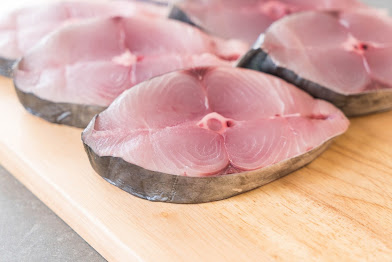The Fountain of Youth
The Fountain of Youth
Collagen, the most abundant protein in our bodies, plays a vital role in maintaining the health and integrity of our skin, bones, tendons, and joints.
As we age, the natural production of collagen declines, resulting in visible signs of aging such as wrinkles, sagging skin, and joint stiffness.
However, collagen supplementation has gained significant popularity due to its potential anti-aging and longevity benefits. In this lesson, we will delve into the benefits of collagen for anti-aging, explore various sources and types of collagen, discuss supplementation methods, analyze the effects of topical collagen, and provide guidelines for intake based on factors such as gender, body weight, and age.
Benefits of Collagen for Anti-Aging and Longevity
- Skin Health: Collagen supplementation has been shown to increase skin elasticity, reduce wrinkles, and improve moisture retention. A study published in Skin Pharmacology and Physiology found that participants who took collagen supplements for 12 weeks experienced a significant reduction in skin dryness and an increase in collagen density, resulting in improved skin texture and firmness.
- Joint Health: Collagen plays a crucial role in maintaining the integrity of joints and cartilage. Research published in the Journal of Aging Clinical and Experimental Research suggests that collagen supplementation can reduce joint pain, improve joint function, and increase mobility in individuals with osteoarthritis.
- Bone Health: Collagen is a vital component of bone structure. Studies have shown that collagen supplementation can enhance bone mineral density and reduce the risk of fractures, particularly in postmenopausal women. A randomized controlled trial published in Nutrients demonstrated that women who took collagen peptides experienced a significant increase in bone mineral density compared to a placebo group.
- Hair and Nail Health: Collagen supports the growth and strength of hair and nails. A clinical trial published in the Journal of Cosmetic Dermatology found that daily collagen supplementation for eight weeks led to improvements in hair thickness, scalp coverage, and nail growth.
Learn more
Women's Collagen Supplements
Collagen-Rich Diet and Supplements:
In addition to skincare products, individuals can boost collagen levels through their diet and supplementation. Foods rich in collagen-building nutrients, such as vitamin C, amino acids, and antioxidants, can help support the body's natural collagen production. Additionally, collagen supplements, available in various forms such as powders, capsules, and liquids, offer a convenient way to increase collagen intake and support overall anti-aging efforts.
Conclusion:
In the quest for eternal youth, collagen emerges as a powerful ally. From maintaining skin elasticity and hydration to strengthening bones and joints, collagen plays a vital role in the anti-aging process. By understanding the importance of collagen and taking proactive steps to support its production, individuals can age gracefully and enjoy healthier, more youthful-looking skin and overall well-being. Embrace the power of collagen and unlock the secret to aging beautifully.
13 Foods That Help Your Body Produce Collagen
Fish contain collagen-based ligaments and bones, just like other animals. According to some, marine collagen is among the easiest to absorb.
Although eating salmon for dinner or a tuna sandwich for lunch can increase your consumption of collagen, keep in mind that fish "meat" is not as high in collagen as other, less appetizing sections of the fish.
Citrus fruits, such as oranges, grapefruit, lemons, and limes, are abundant in this nutrient, as you are undoubtedly aware. For breakfast, consider grilling a grapefruit or tossing orange segments into a salad.
Additionally, berries are rich in antioxidants, which shield the skin from harm, according to Davidson.
The antioxidant chlorophyll gives salad greens like spinach, kale, Swiss chard, and others their color.
According to some research, eating chlorophyll boosts the skin's precursor to collagen, according to Gabriel.
12. Tomatoes
















Comments
Post a Comment